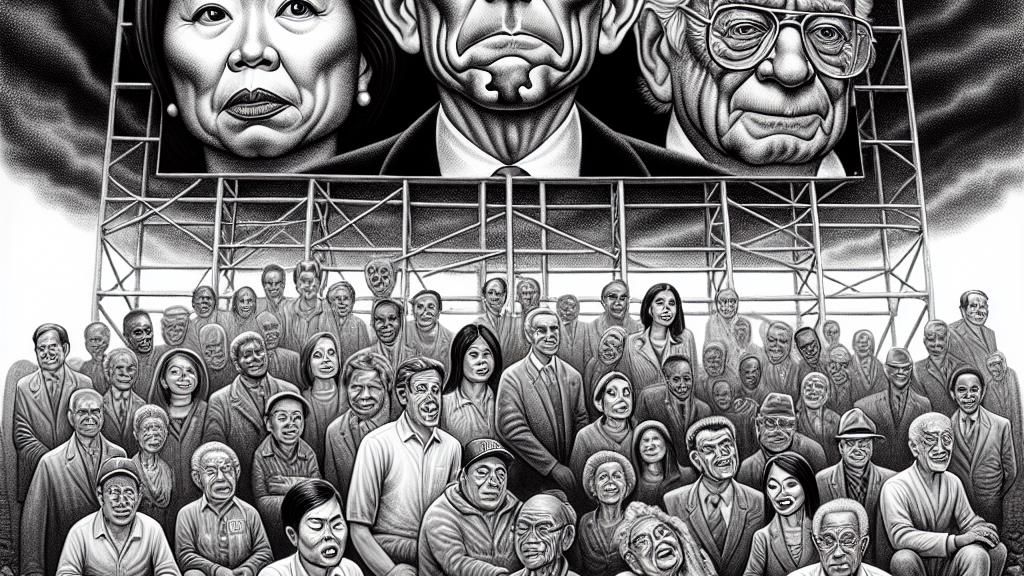Understanding the Decline of Trust in Democracy
Overview
- Alarming global decline in trust toward democratic institutions.
- Unexpected rise in trust for non-representative institutions like the police.
- Growing threat of autocracy as trust in democracies wanes.

The Crisis of Democratic Trust
Today's democratic systems are unraveling under the weight of an alarming decline in public trust. According to a prominent study by the University of Southampton, trust in elected representatives has fallen significantly, particularly in countries like the United States, Brazil, and several European nations. Just imagine being a fan of a sports team that keeps letting you down; you eventually feel betrayed. This growing skepticism reflects a deep frustration among citizens who once believed that their leaders would act in the best interests of the people. The crux of this crisis is that many individuals now perceive politicians not as partners in governance but as self-serving figures, undermining the essential foundations of democracy.
The Rise of Alternative Trust
Interestingly, as trust in political institutions declines, there’s a remarkable rise in faith towards non-representative entities, such as the police and the legal system. Various surveys indicate that, amid political uncertainty, people cling to these institutions for support and stability. For instance, trust in police departments has seen an upward trend, especially during social unrest when communities yearn for order. Think of it like turning to a close friend during a family crisis; people are seeking reliable sources of authority when elected officials fail to deliver. This pivot illustrates a profound shift in social dynamics, where the once-flourishing faith in politicians is replaced by a quest for security provided by law enforcement.
Implications of Declining Trust
What does this mean for democracy? The implications of declining political trust are profoundly concerning. History shows that when citizens lose confidence in democratic institutions, they often turn to populist leaders who promise dramatic reform and immediate solutions. For example, during economic downturns or crises, public disillusionment can lead to a surge in populist sentiments. This shift can undermine democratic values, as we've seen in various regions where quick fixes are favored over thoughtful governance. When trust dwindles, the population may support candidates who favor anti-democratic measures, creating a cycle that erodes the very fabric of democracy. This isn’t just a minor issue; it can have severe repercussions that threaten our freedoms and rights.
A Call for Change
Despite this daunting scenario, there lies a glimmer of hope! Numerous researchers argue that declining trust is not a definitive endpoint. If citizens still value the principles of democracy, they can demand changes in how politics function. We need to foster a culture of transparency, encourage civic engagement, and hold our leaders accountable. Consider grassroots movements, which can mobilize communities and ignite political conversations—they’re essential in revitalizing democracy! Implementing reforms aimed at increasing participatory governance can reignite public confidence. Ultimately, if we strive for a democratic process that reflects the people's voices, we have the power to transform our political landscape for the better, ensuring democracy not only endures but flourishes in the hearts of future generations.

Loading...